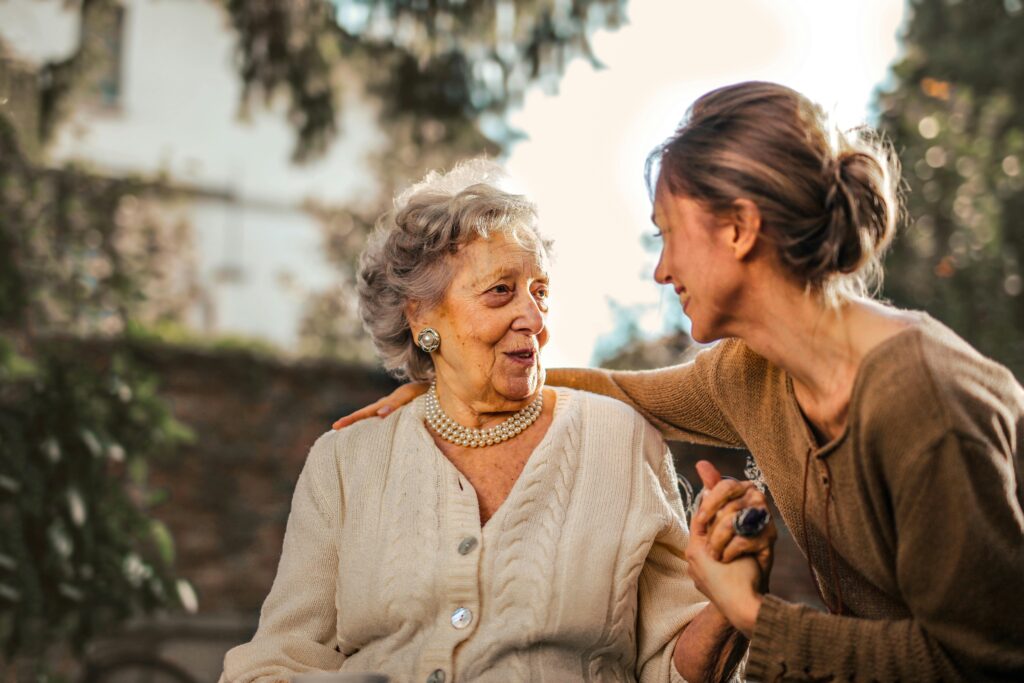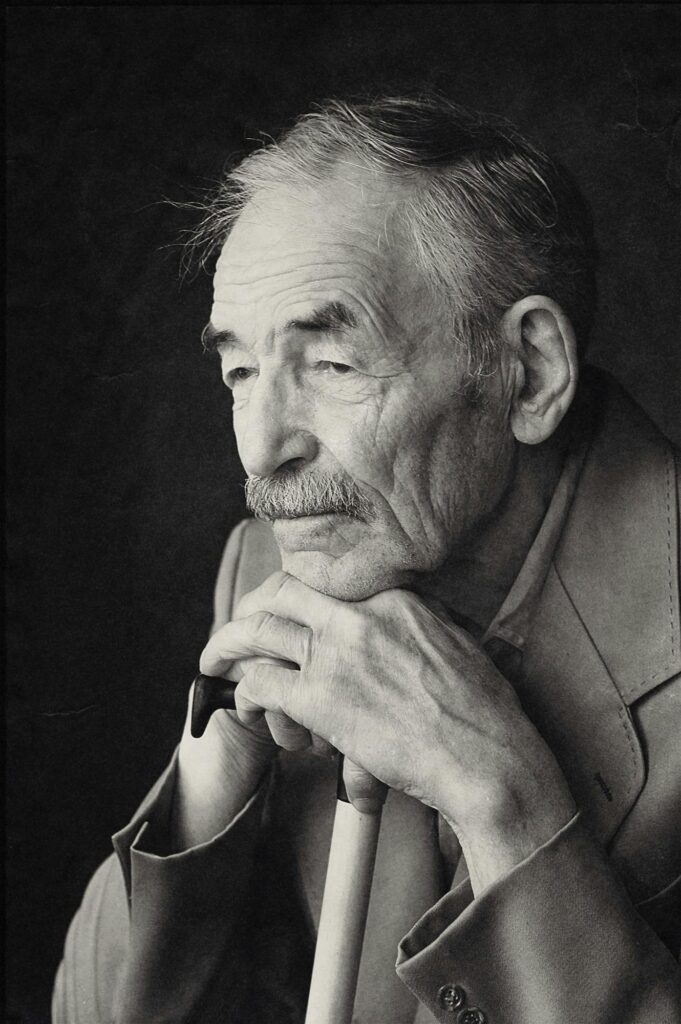
In the fast-paced whirlwind of modern life, it’s often easy to overlook the quieter corners where our elders reside. As society moves forward, the elderly can sometimes be left behind, isolated and vulnerable. Yet, in this digital age, staying connected has never been easier. This blog aims to shed light on the importance of why checking up on the elderly, as they are people too, is essential. No matter how seemingly “sour” they may presume.
Why Checking Up On the Elderly Matters
Social Isolation is a big factor: Many elderly individuals live alone, talk to no one, and are alone. Many times as they age their social groups dwindle. This is due in part due to aging and death. Their friends, their family members, we all face death. Some quicker than others and also some unexpectedly. It is scary to know any second we all can pass away due to illness. What these smaller social groups entails is an increase in elderly depression, loneliness, and deterioration of overall mental health.
Health Monitoring: Much like how we all see the doctor 1-2 times a year for check-ups the elderly deserve to have a health checkup for themselves. A common thread which I will always have is how the elderly are people too, they especially need attention for their bodies are always on the decline year after year: Their immune systems are not as strong as when they were in their 20’s. Lastly their skeletal and muscular systems are weaker too. Having Check-ups with them, at least once a month, can help identify health problems earlier.
Safety Concerns arise with the elderly. They are more prone to have risks within their homes that we take for granted. For instance, falling is a big risk when it comes to the elderly. With people 50 years younger their bodies can recover immensely quicker. Please visit them, assess their living situation. They may be more depressed than you could possibly realize with the limited amount of people they see.

How to Check Up On the Elderly:
Regular Visits: Schedule weekly or bi-weekly visits to spend time with the elderly person in person. Even a short visit can make a world of difference. I’ve personally seen it in the nursing home I work at. Many of those people have no one to communicate with. Therefore, I’ve put it on myself to communicate with them as much as my time allows. Trust me, they are forever grateful for it. They will even teach you lessons which you would’ve never gotten elsewhere.
Phone Calls: If visiting in person isn’t feasible, a simple phone call can still provide a sense of connection. Make it a habit to check in regularly and engage in meaningful conversations. A Simple 5 minute conversation to us is a world of connectivity and engagement for the elderly.
Coordinate with Neighbors: If you live far away, enlist the help of neighbors or community members to keep an eye on the elderly person and report any concerns. This is important because of two reasons, connectivity and safety. Knowing that a loved one is safe will make you feel better in return. Also having a community which interacts with your love one makes them feel less lonely.
Professional Assistance: Consider hiring a caregiver or enrolling the elderly person in a day program where they can socialize and receive additional support. This most definitely goes in conjunction with neighbors, again making sure they socialize will reduce symptoms of depression.
Conclusion:
Checking up on the elderly isn’t just a nicety—it’s a necessity. As a society, we have a responsibility to ensure that our elderly population feels valued, supported, and connected. By making the effort to check in regularly, we can make a profound difference in their lives and enrich our own in the process. So, let’s pick up the phone, schedule that visit, and show our elders that they are not forgotten.
if you would like to read more self help, I have two blog posts talking about it, How to Overcome Failure in Your Teens and How to Make Your Bed in the Morning
Also for a more in depth view into mental health read this blog aswell :mindbodygreen